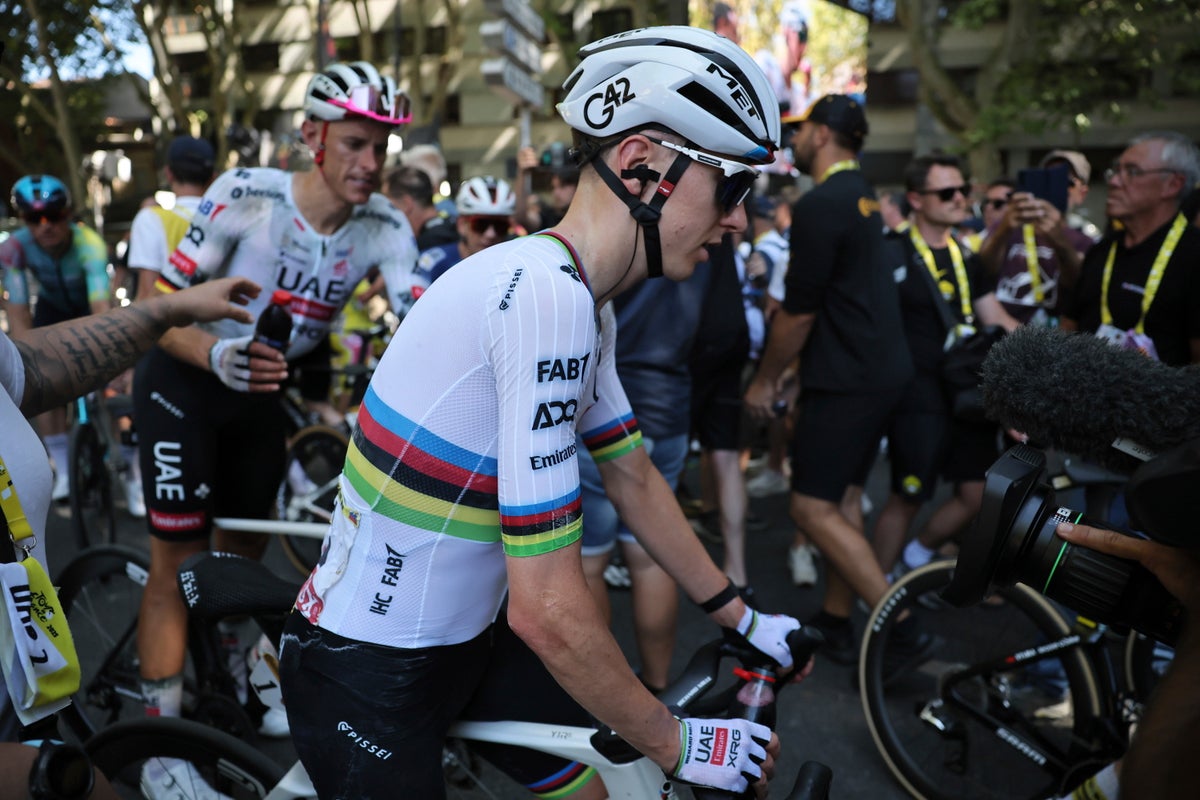News, Yorkshire
News, Yorkshire
 The Falconio family
The Falconio familyThe parents of murdered British backpacker Peter Falconio have said they still “hold out hope” his remains will be found, after his killer died in prison.
Mr Falconio was killed in the Australian Outback in July 2001 by Bradley Murdoch, who was convicted of the murder four years later.
Murdoch, 67, died on Tuesday while serving a life sentence at a jail in Alice Springs, having never revealed what he did with the 28-year-old’s body.
In a statement, Joan and Luciano Falconio said their first feeling upon hearing of Murdoch’s death was “one of relief”, adding that “it’s like a weight has been lifted”.
 Getty Images
Getty ImagesSpeaking from their home near Huddersfield in West Yorkshire, the couple said: “We are only forced to think about him now that he’s died. We don’t want to let him to ruin our lives more than he already has.
“The awful thing is our family’s future with Peter was cruelly taken away.
“Today we instead focus on the three children we have left and our grandchildren.”
The Falconios added: “We didn’t have much faith, but we were hoping Bradley John Murdoch would reveal where Peter was before he died.
“But even now we still hold out hope that his remains will be found.
“Finally, we wish to express our profound thanks to the Northern Territory Police for the support and continuing efforts to investigate our son’s murder.”
‘No body, no parole’
Mr Falconio and Joanne Lees, who was also from Huddersfield, had been driving near the Northern Territory town of Barrow Creek, when Murdoch pulled over alongside their vehicle, claiming to have seen sparks.
He shot Mr Falconio in the head as he inspected the vehicle, before taking 28-year-old Ms Lees, into his car and binding her wrists with cable ties.
Murdoch was also convicted of the attempted kidnap and assault of Ms Lees, who managed to escape by hiding in bushland for several hours before she was able to signal for help.
The ordeal partly inspired the 2005 horror film Wolf Creek.
Murdoch was 43 when he committed the crimes.
During the trial, prosecutors said that it was likely he had disposed of Mr Falconio’s body somewhere in the vast expanse of wilderness between Alice Springs and Broome, a distance of nearly 1,600km (1,000 miles).
In 2016, the Northern Territory introduced “no body, no parole” legislation, meaning Murdoch would not have been eligible for parole in 2032 if he did not reveal the location of Mr Falconio’s body.
Murdoch had always maintained his innocence, and unsuccessfully appealed to overturn his convictions twice.
 PA Media
PA MediaAustralian police said Murdoch had died of throat cancer in a palliative care unit, a day after the 24th anniversary of Mr Falconio’s murder.
It comes a month after they offered a new reward of A$500,000 (£240,000; $325,000) for information leading them to the victim’s body.
In a statement they said: “It is deeply regrettable that Murdoch has died without, as far as we are aware, ever disclosing the location of Peter Falconio’s remains.”


